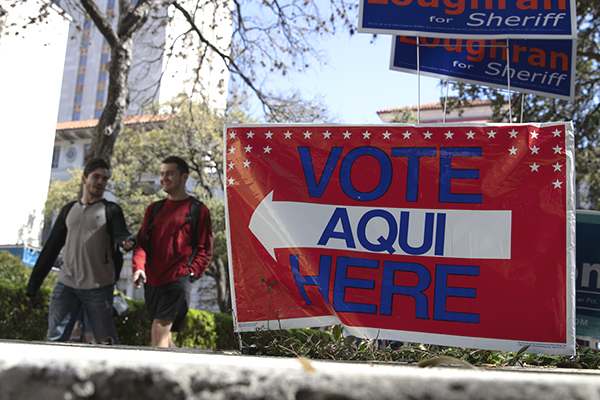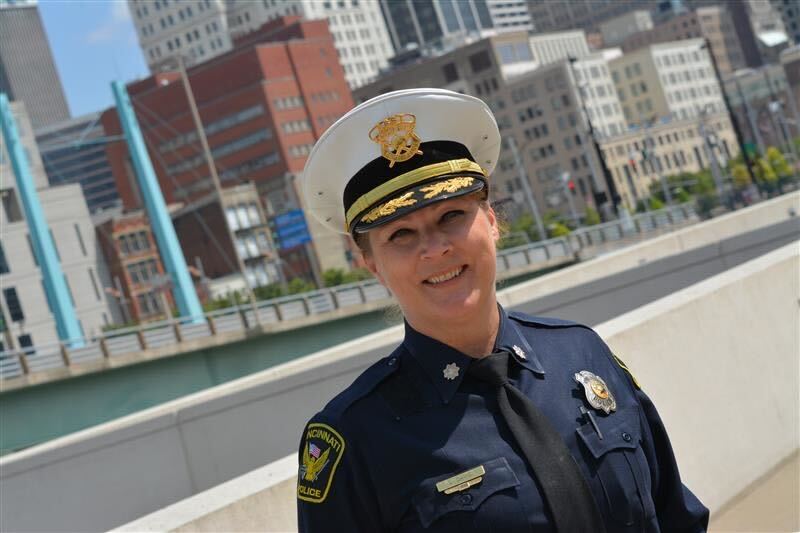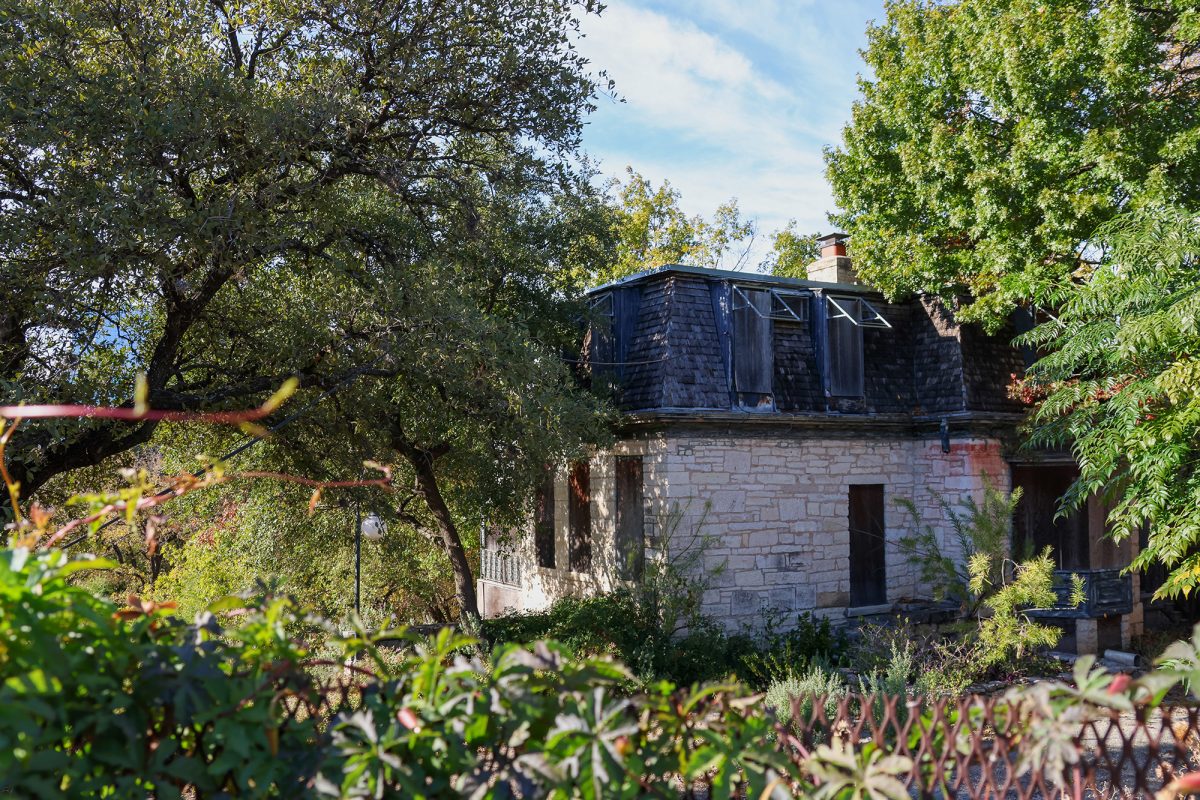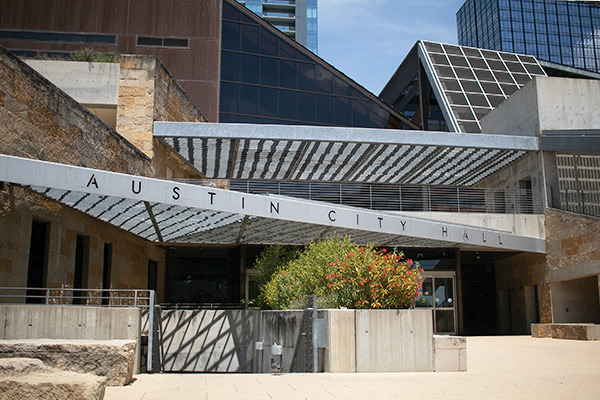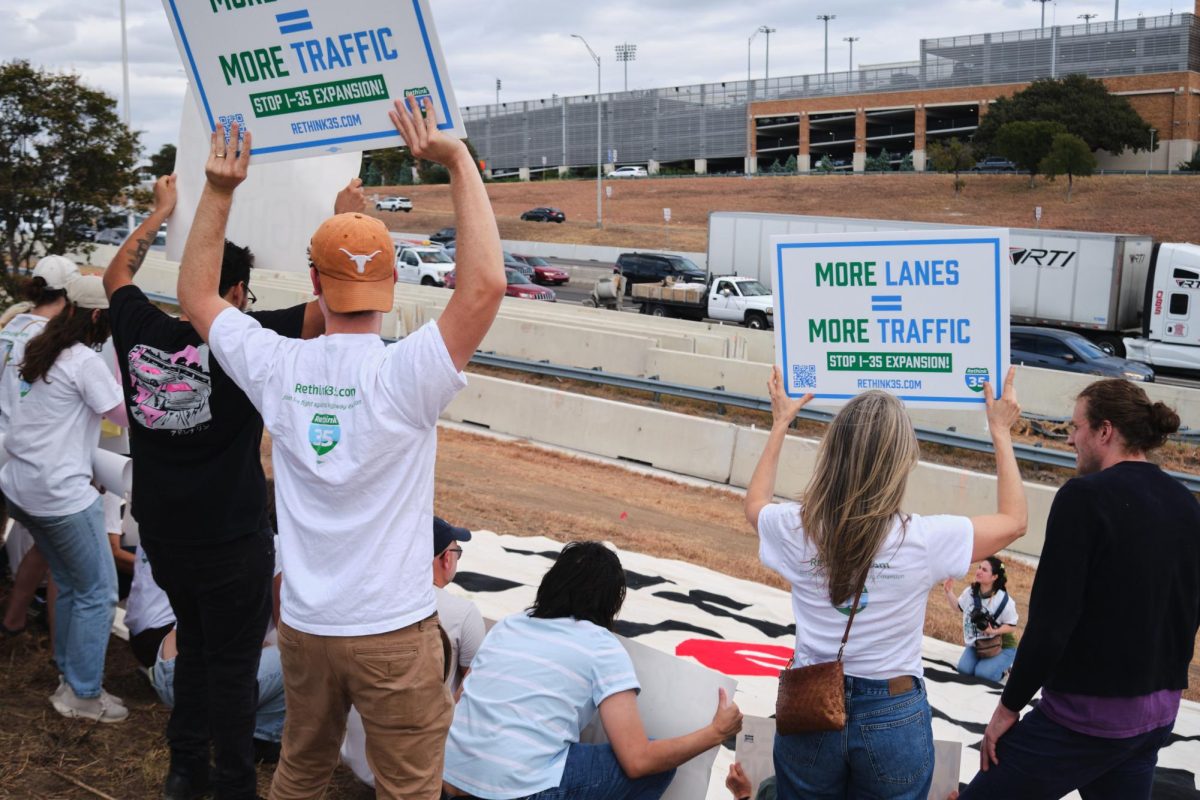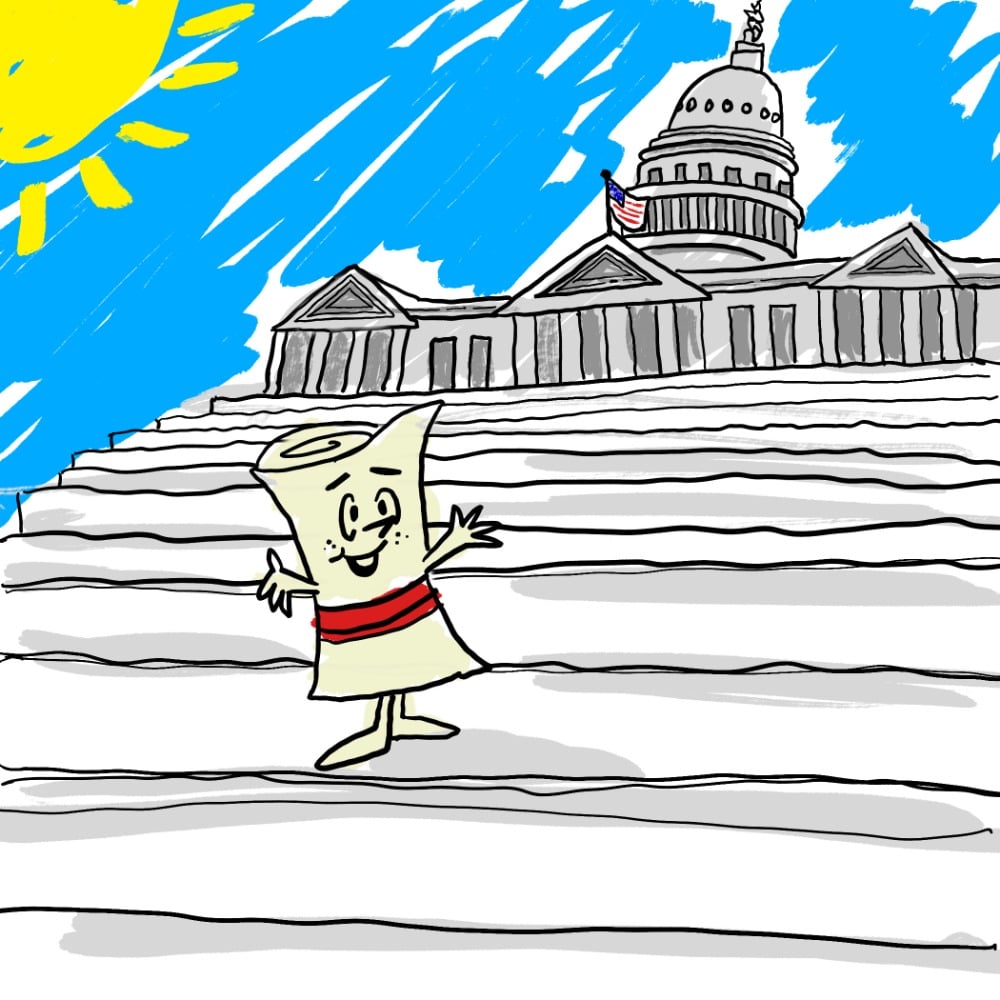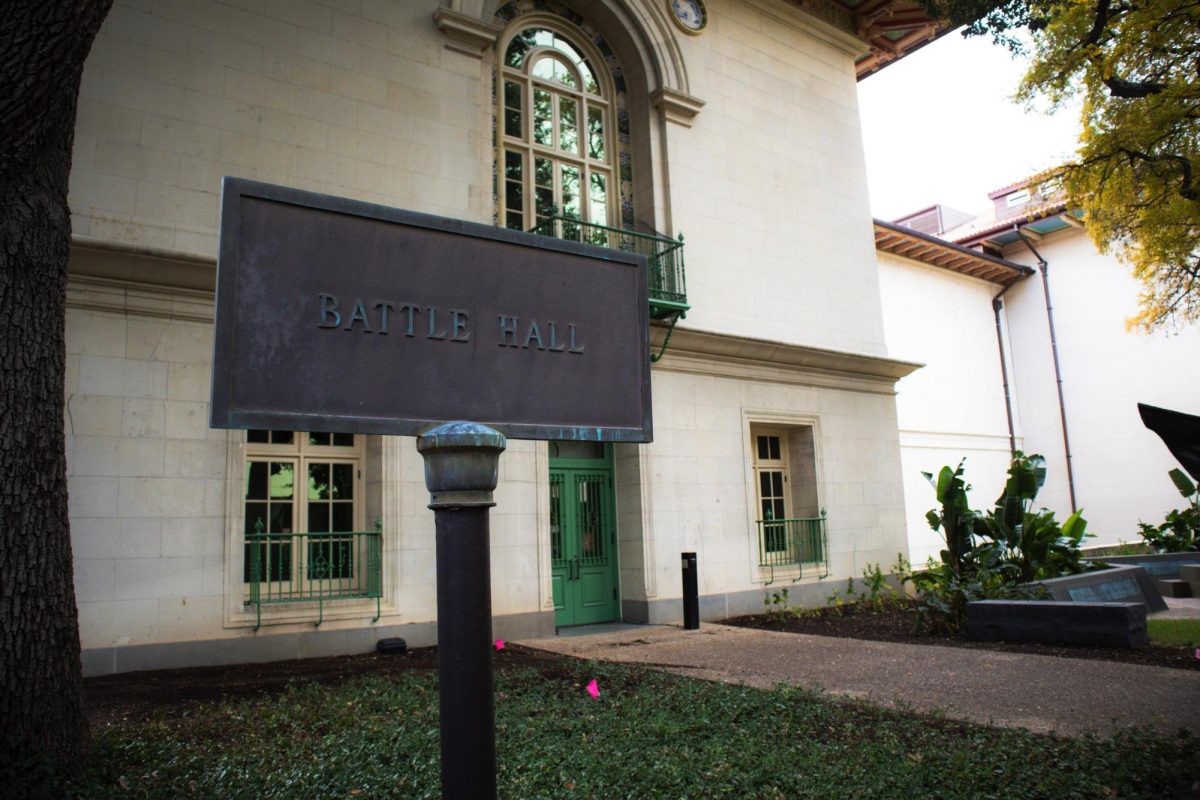Early voting for the July 14 runoff elections in Texas began Monday after months of deliberation over voting safety measures during the COVID-19 pandemic.
Voters are currently eligible to apply for a mail-in ballot if they are 65 or over, have a disability, are out of their district during the election or are confined to jail, according to the Texas Secretary of State website. On June 26, the U.S. Supreme Court rejected a ruling that would allow Texas voters unwilling to risk contracting coronavirus to qualify for mail-in ballots, according to reporting by The Texas Tribune.
Travis County Clerk Dana DeBeauvoir said her office will follow the Texas Supreme Court’s May 27 decision that voters may consider their health history when deciding if they qualify for a mail-in ballot. However, the decision also stated that a voter’s lack of immunity to COVID-19 does not qualify them for a mail-in ballot under the disability clause.
“Anything about your health history that may mean that, if you show up in person, you're going to further injure yourself, you get to vote by mail,” DeBeauvoir said. “No questions.”
Vote-by-mail applications must be sent to the clerk’s office by July 2, she said, and so far the office has received 26,000, compared to its usual 2,000. Katya Ehresman, a government and public policy senior, said she considered applying for a mail-in ballot but decided to vote in person during early voting because of back-and-forth court decisions.
“After the (Texas) attorney general has threatened prosecution against county officials and individual voters that file for a mail-in ballot on the grounds of disability only related to COVID, not related to any underlying condition — I don't want to risk being (prosecuted), and I don't think that I want the county officials that are making this leniency to risk it,” Ehresman said.
DeBeauvoir said that while polling places will observe social distancing practices, she heavily encourages citizens to wear masks to the polls if they vote in person.
For additional precautionary measures, she said clerks will use finger cots, or small plastic finger coverings, to sign into poll books and have voters use a stick similar to a popsicle stick to make selections on the voting machine. During early voting, DeBeauvoir said plexiglass shields will separate voters.
“We'll let as many voters come inside the air conditioning as we possibly can, but it's going to be socially distanced, and we know there's going to be lines of people forming outside,” DeBeauvoir said. “It's Texas. It's hot in the sun. Bring an umbrella for shade.”
Janae Steggall, president of TX Votes, said her organization has created custom care packages and listed resources to help individual students through the voting process. Steggall said she recommends referencing the League of Women Voters and vote411.com for nonpartisan voting guides.
“It's pretty tragic that students usually don't turn out to runoff elections, and this is largely due to the fact that you have to vote absentee, there's more steps involved (and) you have to plan ahead,” said Steggall, an international relations and global studies junior. “This is a critical election for students to participate in.”

